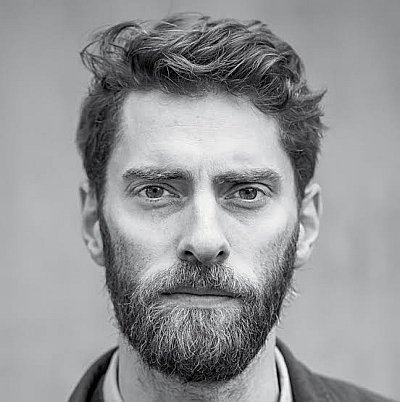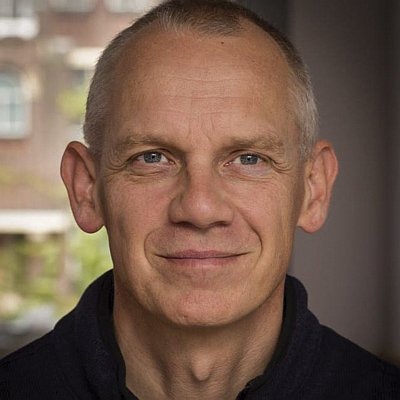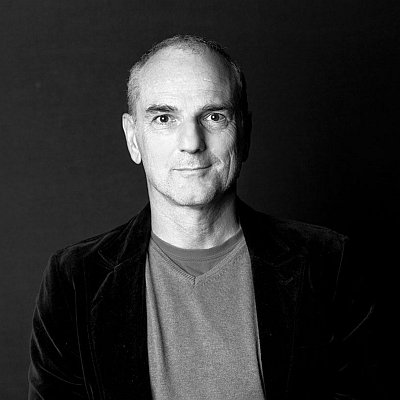WORKSHOPS 2023

Norwegian photographer Jonas Bendiksen takes the audience through The Book of Veles, his photo book about the fake news industry that sprung up in Veles, North Macedonia during the 2016 US elections. The book, which came out in April 2021, was widely praised by the documentary photography community, until Bendiksen himself later revealed that it was something entirely different than what most people thought.
In this entertaining lecture, Jonas leads us through a quagmire of synthetic photo reportage, AI texts, avatars and Facebook trolls, with the aim of cranking up the volume the social, ethical and philosophical alarm bells that this body of work triggered.

Renowned Dutch photographer and award-winning director Koen Suidgeest conveys powerful stories in his work centred around human rights, capturing the position of marginalised groups. In this exciting workshop, Koen explores the depths of human connection and love in its purest form. Travelling around the world, Koen has captured various forms of queer identity in the Netherlands, Cuba, Honduras, Kenya, and Vietnam. Through his unique workshop, Koen Suidgeest shares his experiences as a photographer, documentary filmmaker, and advocate for human rights.
The workshop provides valuable insights into the techniques of documentary photography and how they can be utilised to convey powerful personal stories. Additionally, Koen’s work stimulates conversations about human rights, LGBTQ+ rights, and the role that art plays in their realisation. During the lecture, you will learn how photography can become a powerful tool in the fight for equality and human rights.
The workshop will take place at 5:00 PM on Friday, November 17th, at Gallery Nikola Radošević (Delijska 3, Uskočka 5). The exhibition Impressions by Koen Suidgeest will be opened after the workshop.

Four-time World Press Photo winner and member of VII, photographer Stefano De Luigi utilizes photography as a tool to explore various forms of visual manipulation. Through his committed and reflective projects, he encourages the public to form a critical and independent vision.
With his work on blindness entitled “Blanco 2003/10,” Stefano De Luigi delves into the metaphor of not seeing. He arrives at a point that mirrors the perspective of all artists working with images, juxtaposing the lives of the blind with the idea that those who cannot see might actually perceive much more, and better, than those with normal vision but are incapable of truly “seeing.”
De Luigi’s objective seems to challenge the traditional concept of sight as the sole mode of perception and understanding of the world. He suggests that the lack of physical vision does not necessarily imply a limitation in the profound understanding of reality. On the contrary, he argues that those without sight might develop a more acute, intense, and profound perception of the surrounding world through other senses and modes of perception.
His reflection appears to invite consideration of “vision” not solely as the physical act of seeing with the eyes but as a broader concept encompassing the deep understanding and perception of reality, regardless of the senses used. This work suggests that true “vision” surpasses the physical act of seeing and can be attained through other forms of perception and understanding as well.
